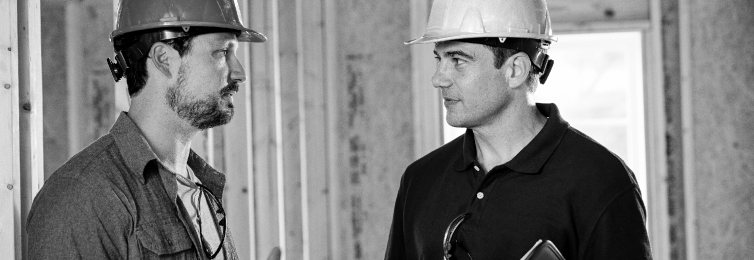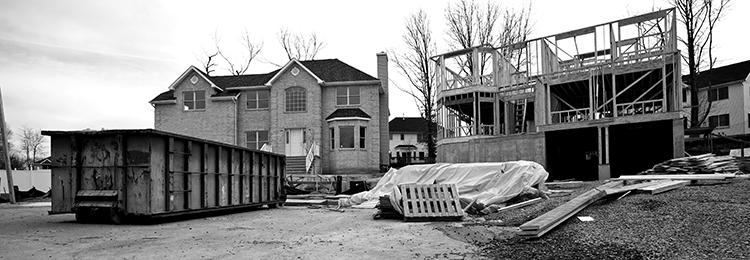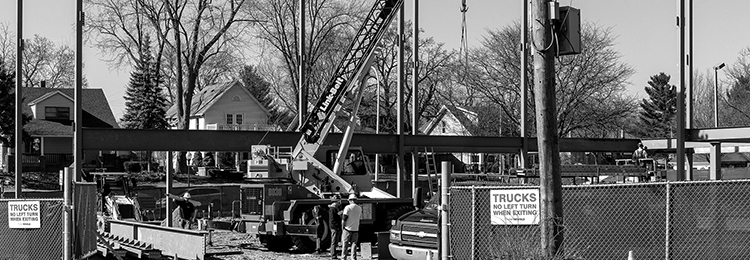At Builders Mutual, we know insurance in the construction industry isn’t one size fits all. Each trade and business is unique, so each plan for coverage is different. Conversations with your agent help both of you to understand the risks for your company and tailor your policies to reflect those risks.
Still, a coverage gap could occur within any line of business, although what may be a coverage gap for one business may not be the same for another. Additionally, a gap in coverage could develop as your company grows or your projects evolve. These gaps become problematic – and costly – when claims catch you unprepared and without coverage.
In this article, our underwriting team identifies and reviews the areas where we most frequently see gaps in coverage. Consider scheduling a chat with your agent to discuss these areas.
Auto
Stay up to date on which vehicles are covered under your policy. Auto insurance follows the vehicle no matter who is the driver. Coverage gaps often arise when employees drive their own vehicles instead of company vehicles. Travel can also cause confusion. If your team members are traveling across state lines, make sure your policy reflects the standards of each state.
Workers’ Compensation
Workers’ Compensation laws and benefits are handled at the state level rather than mandated federally. When you cross state lines, your policy will respond to those changes. If you are taking a job in a different state, let your agent know to ensure you are aware of changes and your coverage needs are met. (Note: For each state, there are a certain number of days you can work without needing additional coverage.)
Subcontractors
Uninsured subcontractors or those with lax coverage can become your liability. To avoid risk transfer, make sure you have a signed subcontractor agreement and receive certificates of insurance regularly. A recent change to the AIA form limits coverages afforded to additional insured and could also create a gap in coverage. Speak with your agent about your use of subcontractors and these changes in limits to additional insureds.
Project-based Insurance Agreements
On larger commercial sites, jobs are often done on a project-based insurance agreement. This doesn’t always cover everyone working on the job-site, so be aware of projects that may be operating under these policies.
Inland Marine and Contractor’s Equipment
If you get new equipment, tell your agent so that it can be reported. The equipment on your job-site is not necessarily picked up by your property policy.
Admitted Versus Unadmitted Carriers
Builders Mutual is an admitted carrier, meaning our forms have to be approved by the state in which they will be used. Unadmitted carriers can include a lot of exclusions if their forms aren’t filed with the state. Not all insurance companies are admitted carriers, so confirm that your partners also have admitted carriers for their policies.
Professional Liability
If you become more involved with areas of business outside of construction – for example, the design process – you may need more coverage. As your business changes, it is critical to update your agent.
Your agent is your best protection against coverage gaps. Go over these areas with your agent and provide as many details about your business as you can. As your agent tailors your coverage, these details about operations will be invaluable.
The construction industry is rapidly evolving, and the nature of claims is changing. It’s no longer safe to assume that just because you’ve been in the industry for a long time that you are immune. New issues and gaps are affecting everyone, so don’t get complacent. Take action against potential coverage gaps today by talking with your agent.




 Find an
Find an